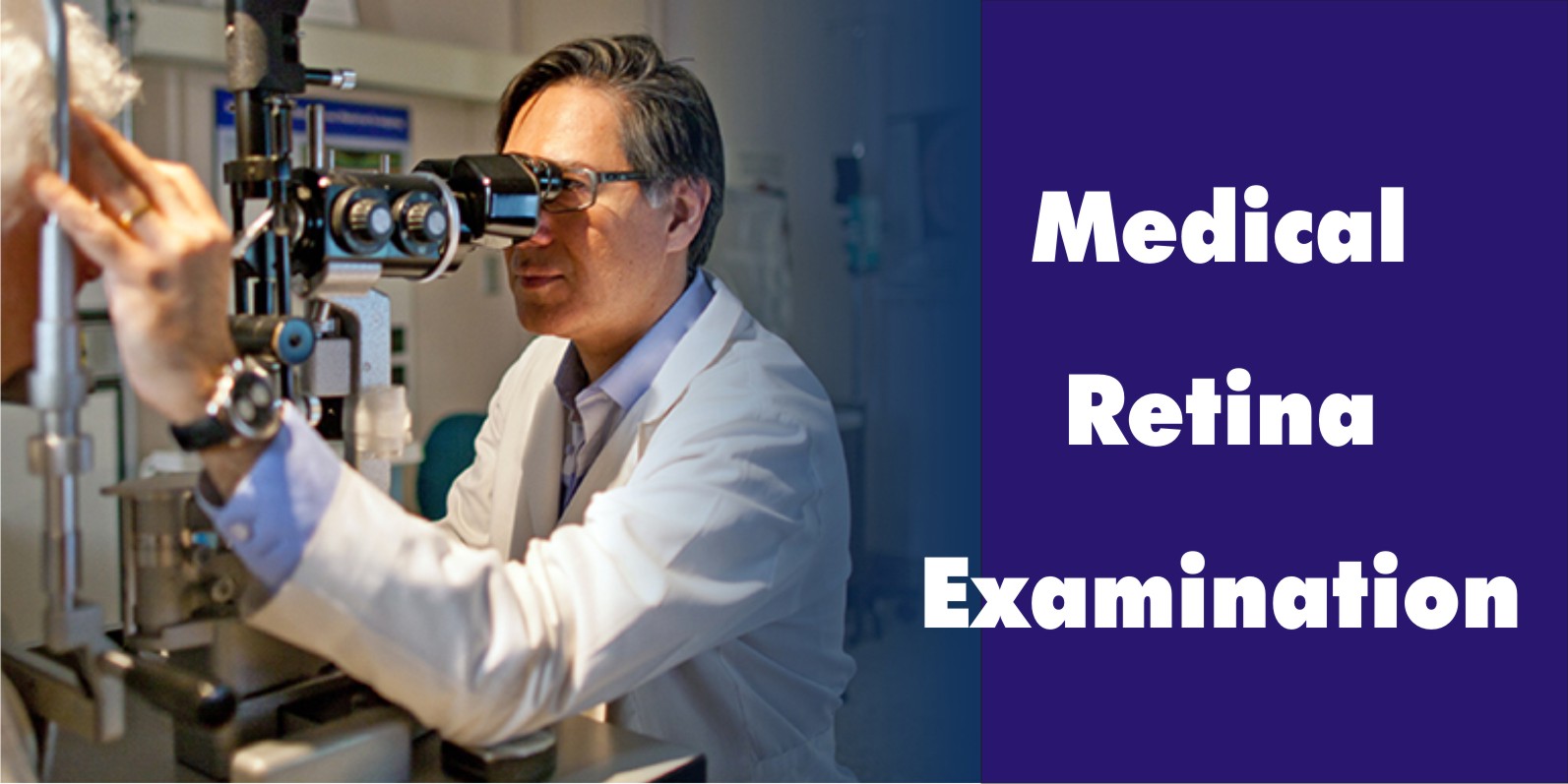

PROJECT DETAILS
- Hospital Name Prabhu Netralaya
- Doctor Dr. Ankit Gupta
- Surgery Medical Retina
- Date August 16, 2024
- Diseases Medical Retina
- Categories General Patient
- Location Rudrapur
.
Medical Retina
Medical retina refers to a number of conditions which affect the back of the eye (more specifically, the retina), and can typically be treated medically. Located at the back of the eye, the retina is nerve tissue which performs the function of sensing light.
Here we look at some of the most common conditions related to the retina:
Age-related macular degeneration
Age-related macular degeneration (AMD) is a disease of the eye which can get worse over time. It is the most common cause of severe or permanent vision loss for people over the age of 60. The condition occurs when the macula (the retina’s small, central portion) wears down. It should be noted that while AMD can cause severe and permanent vision loss, it doesn’t typically cause blindness.
The predominant symptom of AMD is a gradual or sudden decrease in quality of vision or the distortion of straight lines. You may also experience obscured, dark, or ‘white out’ areas of the central vision, and in rare cases, an altered perception of colour.
Diabetic Retinopathy
Diabetic retinopathy is one of the complications of diabetes. It is caused by damage to the retina from high blood sugar levels. While diabetic retinopathy can cause blindness if not diagnosed or treated, it can take several years to reach the stage where it threatens the sight.
People with diabetes can minimise the risk of this complication by ensuring that their blood sugar levels are controlled, and attending eye screenings.
Treatment for diabetic retinopathy – which is typically only required when the condition is at an advanced stage and poses a risk to the vision – can include laser therapy, eye injections and eye surgery.
Inherited retinal diseases
Inherited retinal diseases (IRD) are genetic disorders in one or several genes that affect retinal function. This can lead to cells in the retina degenerating and cause vision loss. There are over 260 different genes which are understood to cause IRDs.
Treatment for IRD focuses on slowing the disease and can include gene therapy, retinal prosthetic and neuroprotective agents.
Retinal Vein Occlusion
Retinal vein occlusion occurs when the blood flow from the retina becomes blocked. This can be due to a clot blocking the retinal vein.
The two main types of retinal vein occlusion are central retinal vein occlusion (CRVO), when the main retinal vein is blocked, and branch retinal vein occlusion (BRVO), which is the blockage of a smaller branch vein.
Retinal vein occlusion symptoms include macular oedema, when the retina’s central area becomes swelled by blood and fluid leakage; neovascular glaucoma, when blood vessels in the eye cause pain and a dangerous pressure increase; blindness; and neovascularisation, when the retina develops abnormal new blood vessels which can leak blood or fluid.
Possible treatments include: intravitreal injection of anti-vascular endothelial growth factor drugs; intravitreal injection of corticosteroid drugs; focal laser therapy; and pan-retinal photocoagulation therapy.


Uveitis is inflammation inside of the eyeball tissue either the front part or the posterior part and in some cases both. The approach for treatment after careful clinical history and in some cases more elaborate tests, is steroid eyedrops or tablets.
Treating uveitis is in some cases a Multi-disciplinary condition and a neurologist or Rheumatologist might need to be involved, with long-tern follow up.
Procedure Details
How should I prepare for Diabetic Retinopathy?
Before your surgery day, you’ll meet with your ophthalmologist for a thorough eye exam. As part of this exam, your ophthalmologist will:
- Check your eye health.
- Look for any signs that you shouldn’t have surgery.
- Determine risk factors that could complicate your surgery.
- Measure your eye to find the correct focusing power for your IOL.
- Tell you if you need to use prescription eye drops.



